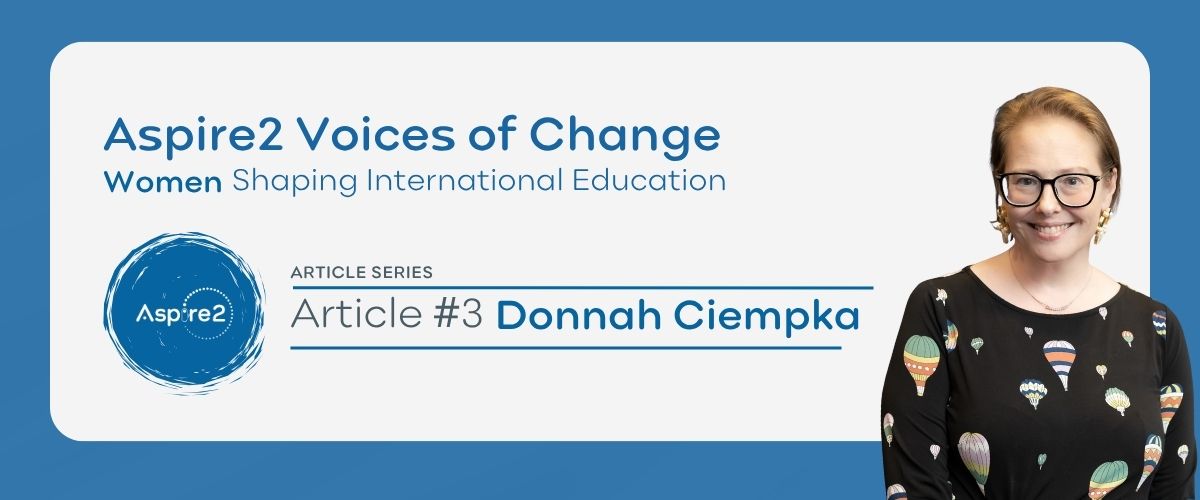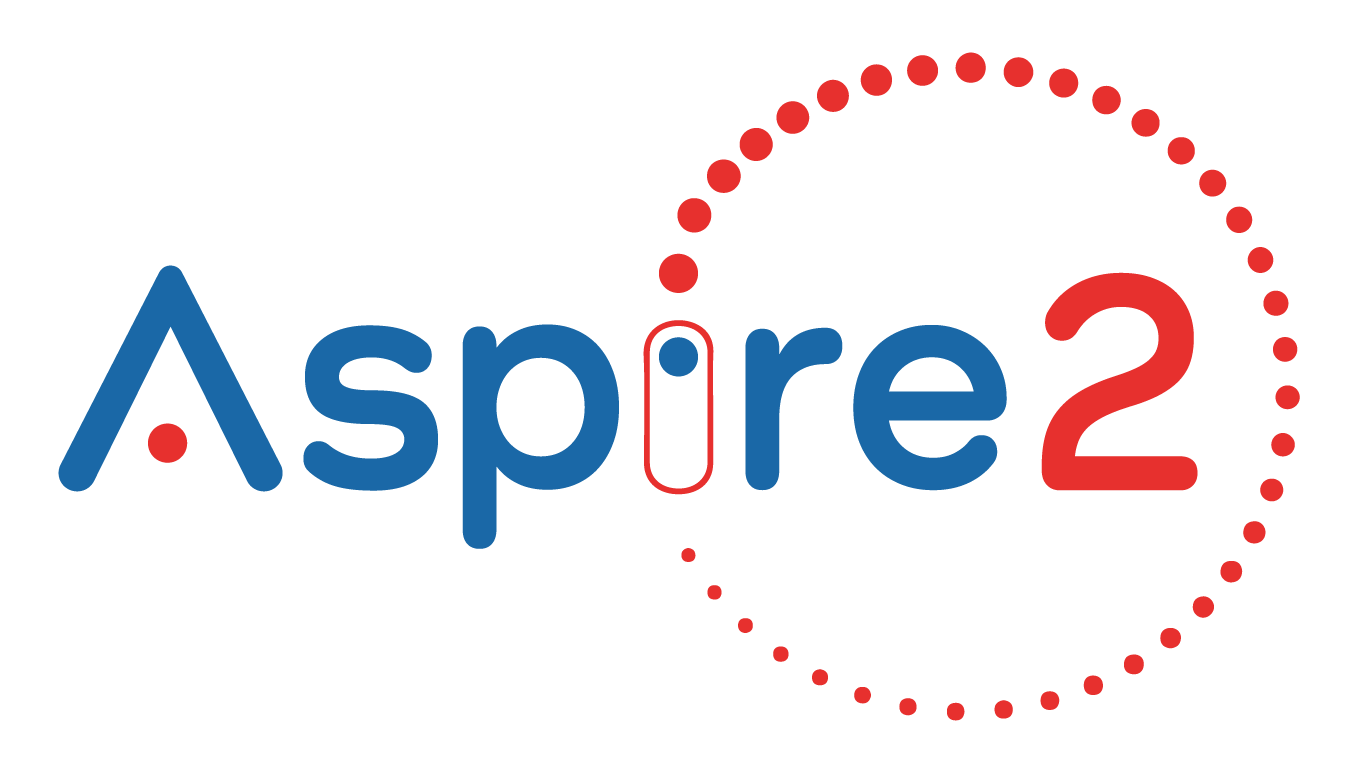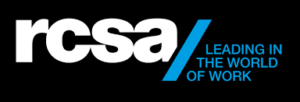
Aspire2 Article Series: Voices of Change, Women Shaping International Education
Article #3 – Donnah Ciempka, Head of School
Leadership often presents itself in unexpected ways, and for women in education, the journey can be both challenging and profoundly rewarding. In our third feature, we feature Donnah Ciempka, an inspiring international education leader whose journey is defined by courage, authenticity, and an unwavering belief in saying yes to opportunity.
From stepping into leadership roles she never imagined to mentoring the next generation of educators, she shares her insights on empowering others, navigating gendered expectations, and reshaping the future of international schools. Her story is a testament to the power of authenticity, resilience, and human-centered leadership.
What inspired you, as a woman, to take the step into educational leadership?
I’m a firm believer in embracing opportunities. My philosophy is simple: say yes first, and if it doesn’t resonate with you, choose differently next time. But never close the door before you’ve even opened it. Whether it’s attending a concert, accepting a job offer, or trying a new cuisine, saying yes opens pathways to places you never imagined reaching.
I never aspired to become a school principal. The idea of leading others made me anxious. Yet opportunities kept arising, and I kept accepting them. With each yes came a steep learning curve and new challenges to meet. That process of growth and adaptation is what energises me.
At my core, I am and will always be a teacher. I could easily see myself returning to the classroom for my final years before retirement; that’s where my heart lives. However, I’ve come to understand that by accepting leadership roles throughout my career, I’ve been able to impact far more students than just those in a single classroom. So, for now, I continue to say yes.
What achievements in your leadership journey make you most proud?
My sense of accomplishment stems from one thing: empowering others to succeed. Exceptional mentors invested in my growth and transformed my trajectory; I now dedicate myself to mentoring others in the same spirit. Authentic leadership, as I understand it, is about creating environments and opportunities that empower individuals to reach their full potential.
What challenges have you faced as a woman leader, and how have you navigated them?
Female leaders carry a unique burden. We tend to be more relationship-focused, attuned to people’s individual circumstances and emotions, and centered on the human element in our interactions. The pressure to respond in a way that honors both authenticity and fairness can be overwhelming.
One of my greatest frustrations as a female leader is not being heard. My gender often shapes how others perceive my intelligence and ability to manage situations -particularly because I don’t always approach problems from a purely results-driven angle. Instead, I lead with a human-centered, conceptual perspective. This broader strategic vision is frequently dismissed or overlooked, simply because it doesn’t appear task-oriented enough for many of the men at the table.
How do you feel female leaders are influencing the future of international schools today?
Female leaders are reshaping international schools by bringing a fundamentally different definition of leadership to the table. For years, the archetypal international school head has been the charismatic, authoritative man in a suit. Female leaders don’t necessarily align with or subscribe to that model, and in doing so, we’re actively challenging long-held stereotypes.
Beyond that, our approach to leadership is distinct. We’re human-centered and relationship-driven. We tend to be conceptual rather than purely task-oriented, and often more strategic in our thinking. This complete package demonstrates to our communities that success and leadership aren’t defined by a single trait, but rather by a diverse and multifaceted skill set.
What message or advice would you share with the next generation of women aspiring to lead in education?
You are enough. That is my motto. That is what I believe. That is what my tattoo will say before I die.
You possess the capabilities, the intellect, the humanity, the emotional intelligence, and the skills to do your job. You don’t need to emulate a man to be successful. You need to be aware of your strengths, recognise the power you hold, and lean into that as you lead.
When I use the word’ power,’ I’m not referring to position or status. I’m talking about your sphere of influence. Your ability to inspire the next generation and continue paving the way for others to flourish.
What are you most passionate about?
Community building is at the heart of what I’m passionate about. Throughout my career, cultivating communities has been a significant source of joy and purpose, both within and beyond my professional work.
For the past 4-5 years, I’ve been actively involved with the Australian Thai Chamber of Commerce, serving as President for the last two years. In this role, I’ve focused on growing and strengthening a community of Australians living abroad, while navigating the unique challenges of operating in Thailand as our host country. This work has become a deeply meaningful area of interest for me.
The Chamber’s impact extends far beyond traditional business support. We’ve championed the development and empowerment of women within our community, undertaken advocacy work around human rights issues, and partnered with charitable organisations to give back to Thailand’s educational sector. Supporting schools and contributing to the broader educational community in Thailand has been an incredibly rewarding part of my journey and one that demonstrates how business communities can be powerful forces for positive social change.



